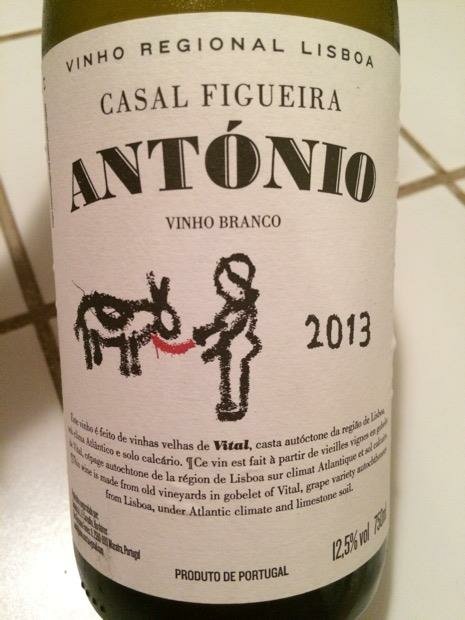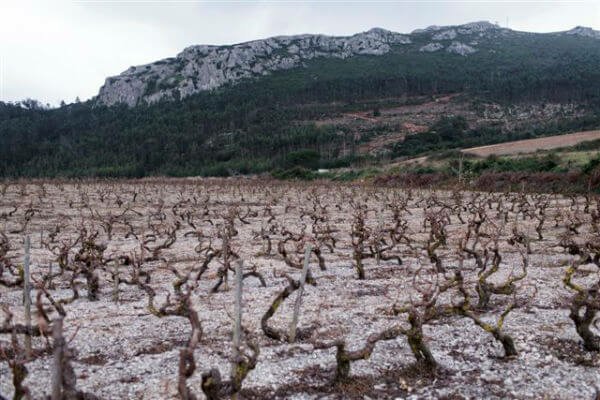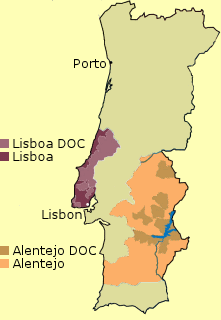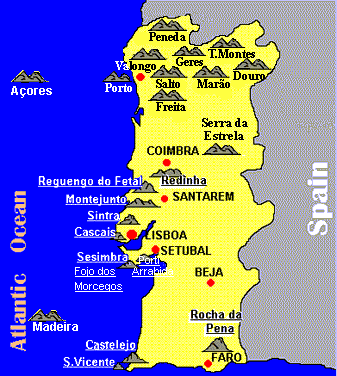
Region: Vinho Regional Lisboa

Grape: Tinta Miuda – known as Graciano in Rioja, where it is often blended with Tempranillo.
Vinification: Simple, biodynamics, stainless steel. Clean. Pure.
Tasting: The wine is full of dark, musky savoury herbs, wet rock minerality, a hint of cinnamon and hot spices, and little dark berries behind it. The fruit is tart, not at all jammy, and they follow through on the palate, which is high acid, medium bodied, and full of the same musky herbs we noted on the palate. Savoury!
Casal Figueira was born from the passion of the late António Augusto Carvalho (1967-2009). Montpellier trained and an ebullient viticulturist, he discovered the grape Vital on the Serra de Montejunto and began a project to not only save this nearly extinct indigenous grape but become the only winemaker to make and bottle 100% Vital.
Marta met António while renting a studio space in the countryside north of Lisbon that was attached to his rented cellar. Marta, an artist at work in her studio, would often watch Antonió working by himself from early in the morning to late in the evening. From the care he gave to the vineyards to his work in the winery, she was amazed at his passion. Marta and Antonió married, and Marta soon became part of the small team of Casal Figueira.
During the 2009 harvest Antonio passed unexpectedly while treading on his Castelão grapes due to heart failure. Marta and their children were left with fermenting wines. Sharing with him the winemaking for over ten years and with the help of many good friends, Marta found it necessary to continue Casal Figueira. She changed the old vine Vital label to bear António’s name in remembrance. Today Marta and two co-workers make up the Casal Figueira team.
– Cream













